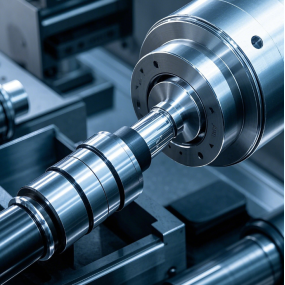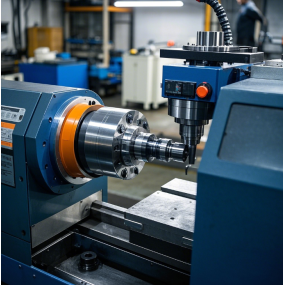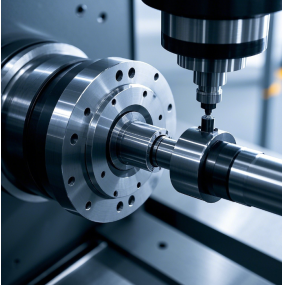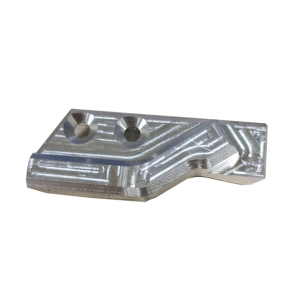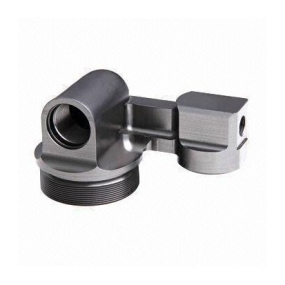Choosing materials suitable for CNC lathe machining requires consideration of multiple factors, including mechanical properties, cutting performance, heat treatment performance, wear resistance, process performance, etc. The following is an introduction to the selection and characteristics of some common materials suitable for CNC lathe machining.
Firstly, steel is one of the most common materials for CNC lathe machining. According to different requirements, carbon steel, alloy steel, or stainless steel can be selected. Carbon steel has good mechanical and cutting properties, but is not corrosion-resistant; Alloy steel has higher strength and hardness, but it is also more difficult to cut; Stainless steel has good corrosion resistance, but poor cutting performance. According to actual needs, suitable steel can be selected for processing.
Secondly, aluminum alloy is also one of the commonly used materials for CNC lathe machining. Aluminum alloy has the advantages of lightweight, high strength, and good thermal conductivity, and is widely used in fields such as automotive, aerospace, and electronics. However, due to the low hardness of aluminum alloy, cutting heat is easily generated during processing, so suitable coolant is needed to improve the machining effect.
Some plastic materials are also suitable for CNC lathe processing. Common ones include polyurethane, polyethylene, polypropylene, etc. These materials have good processability and plasticity, making them suitable for making precision parts or components.
In addition to the above materials, processing of some special materials can also be considered. For example, titanium alloys have characteristics such as low density, high strength, and corrosion resistance, but they are also difficult to process and require special cutting techniques and tools; High temperature alloys have good high-temperature strength and corrosion resistance, but cutting is difficult and requires certain professional skills and equipment.
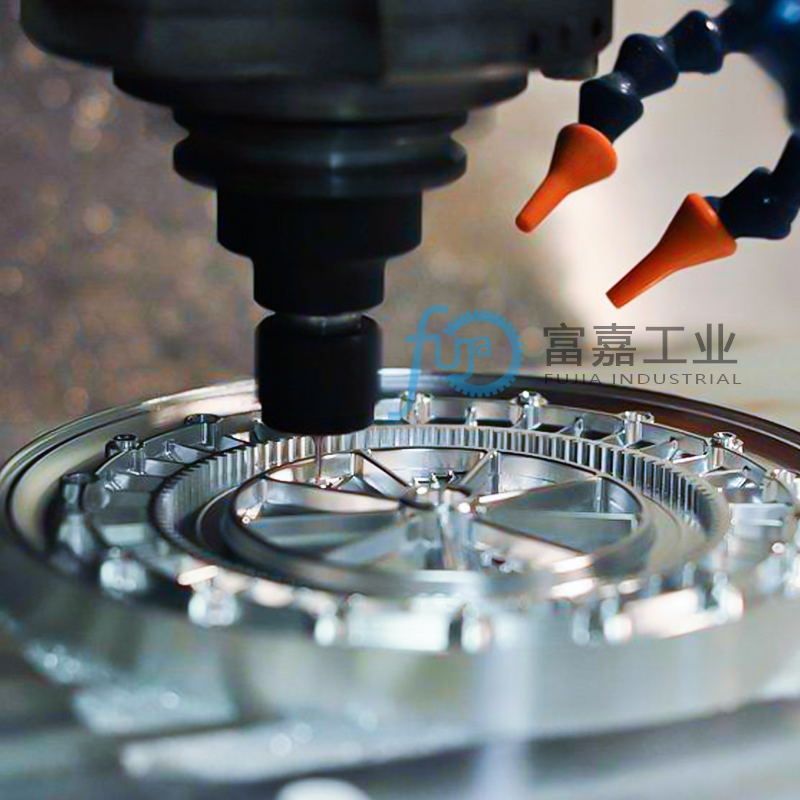
When selecting materials suitable for CNC lathe machining, it is also necessary to consider machining costs and process complexity. The processing difficulty of some materials is relatively high, requiring more specialized equipment and technology, and the processing cost will also increase. Therefore, in practical selection, it is necessary to comprehensively consider factors such as processing requirements, cost budget, and available equipment.
In addition, materials need to be selected based on the shape and size of specific parts. Different materials are suitable for different shape and size requirements. For example, some complex parts may require stronger materials to achieve the desired functionality and performance.
In general, selecting materials suitable for CNC lathe machining requires comprehensive consideration of factors such as mechanical properties, cutting performance, heat treatment performance, wear resistance, and process performance. Choosing appropriate materials based on specific processing requirements and cost budgets can improve processing efficiency and cost-effectiveness.


 Spanish
Spanish Arabic
Arabic Spanish Basque
Spanish Basque Portuguese
Portuguese Belarusian
Belarusian Japanese
Japanese Russian
Russian Icelandic
Icelandic Bulgarian
Bulgarian Azerbaijani
Azerbaijani Estonian
Estonian Irish
Irish Polish
Polish Persian
Persian Boolean
Boolean Danish
Danish German
German French
French Filipino
Filipino Finnish
Finnish Korean
Korean Dutch
Dutch Galician
Galician Catalan
Catalan Czech
Czech Croatian
Croatian Latin
Latin Latvian
Latvian Romanian
Romanian Maltese
Maltese Malay
Malay Macedonian
Macedonian Norwegian
Norwegian Swedish
Swedish Serbian
Serbian Slovak
Slovak Slovenian
Slovenian Swahili
Swahili Thai
Thai Turkish
Turkish Welsh
Welsh Urdu
Urdu Ukrainian
Ukrainian Greek
Greek Hungarian
Hungarian Italian
Italian Yiddish
Yiddish Indonesian
Indonesian Vietnamese
Vietnamese 简体中文
简体中文 Haitian Creole
Haitian Creole

